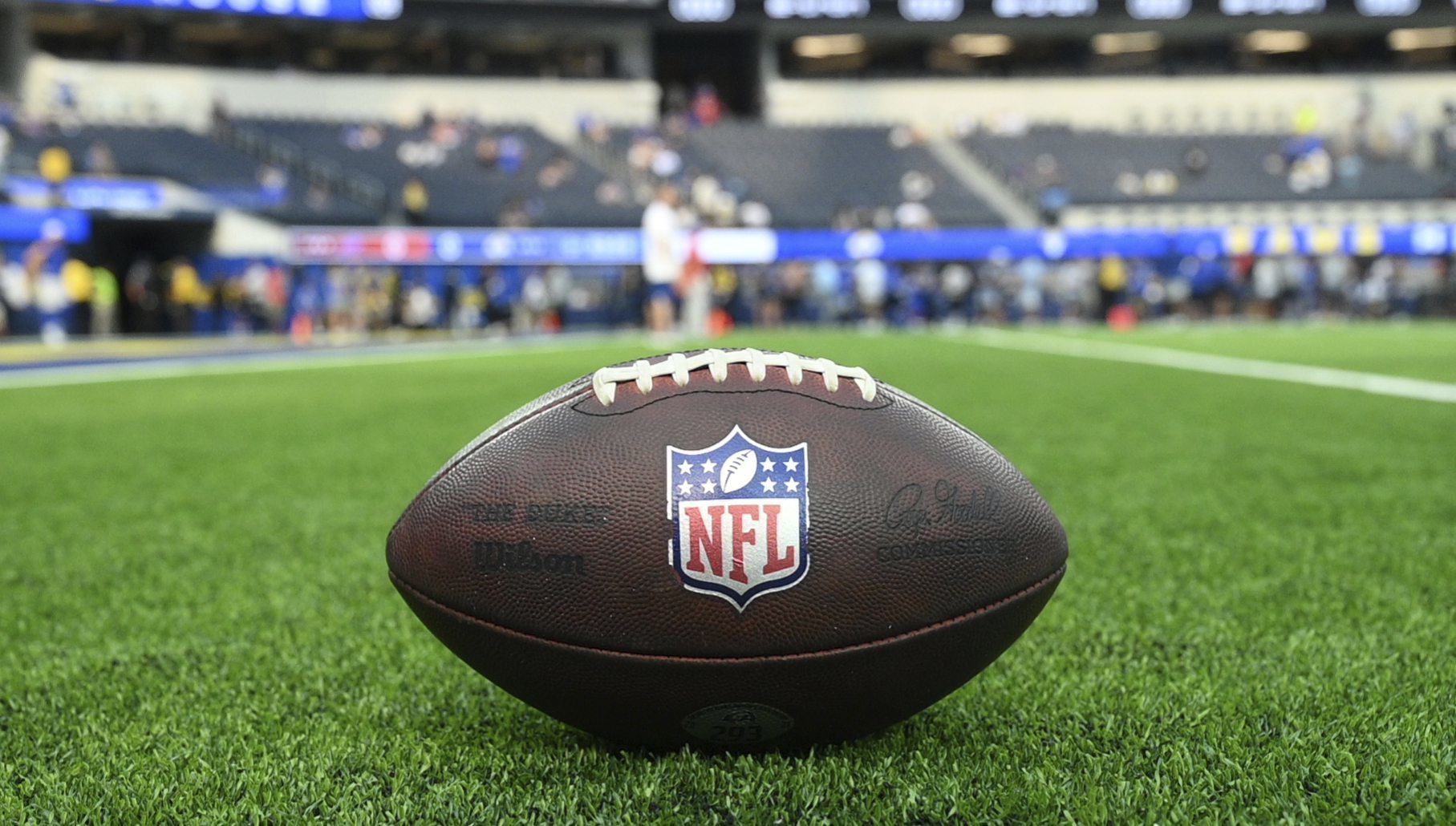
NFL Faces $21 Billion in Antitrust Damages as Jury Deliberates
 The NFL is facing a potential $21 billion in antitrust damages as a jury deliberates on a case that could have significant implications for the league’s business model.
The NFL is facing a potential $21 billion in antitrust damages as a jury deliberates on a case that could have significant implications for the league’s business model.
The National Football League is scoffing at claims by former subscribers to DirecTV’s Sunday Ticket package that it secretly schemed to set inflated prices for the bundle, as the billion-dollar antitrust case goes to the jury.
“It’s got to be the most ridiculous conspiracy dreamed up by the plaintiffs,” Beth Wilkinson, one of the NFL’s lawyers, told the jury in her closing argument. “Either it was a really crappy conspiracy or that was no conspiracy at all.”
The residential and commercial subscribers seek as much as $7 billion in damages for paying purportedly inflated prices because of the league’s anticompetitive arrangement with DirecTV over a 12-year period. Under U.S. antitrust law, damages will be automatically trebled if the jury finds liability, putting the NFL potentially on the hook for as much as $21 billion.
According to the plaintiffs, the league conspired to limit distribution of Sunday Ticket by setting a premium price for the package to protect its lucrative licensing agreements with CBS and Fox. If Sunday Ticket had been cheaper and more widely available, they claim, the networks’ ratings for their broadcasts could go down because more viewers would watch other NFL games available on DirecTV at the same time.
“It would devalue our over-the-air partners packages,” New England Patriots owner Robert Kraft said of making Sunday Ticket more widely available. “They wouldn’t be incentivized to continue to pay us what they pay us.”
The NFL has maintained throughout the trial that free availability of the Sunday afternoon games on local TV is a key contributor to the league’s popularity and that Sunday Ticket has always been intended as a supplementary offering for avid fans who want to watch more football than their local team’s games.
Brock Purdy, quarterback for the San Francisco 49ers, is pressured by Cleveland Browns defensive end Ogbo Okoronkwo during a game on October 15, 2023.
The exclusive deals with CBS and Fox aren’t challenged at trial because they have been sanctioned by the 1961 Sports Broadcast Act that allows the teams to pool their TV rights and sell them collectively for free, over-the-air television.
Rather, the plaintiffs argue that the teams broke the law by pooling the broadcast rights to the out-of-market games for paid television and making an exclusive deal with DirecTV to sell subscriptions to those games.
According to the subscribers, if the teams had competed among themselves to sell their out-of-market telecasting rights, those games would have been available for free as part of a basic cable subscription just as college football games are.
The NFL has said that unlike any other professional league or the NCAA, fans can watch every game of their local team free, whereas only 24% of the NCAA’s popular Southeastern Conference and Big 10 Conference are available free locally, and only 15% of Major League Baseball games.
The eight jurors will decide whether the NFL and its individual teams violated the Sherman Act by conspiring with DirecTV to unreasonably constrain trade and to monopolize the market for the out-of-market games.
 NFL Commissioner Roger Goodell has openly told the Federal Communications Commission that the league designed the Sunday Ticket package as an add-on, premium offering so as not to undermine the free, over-the-air broadcasts of local games by CBS and Fox on Sunday afternoons.
NFL Commissioner Roger Goodell has openly told the Federal Communications Commission that the league designed the Sunday Ticket package as an add-on, premium offering so as not to undermine the free, over-the-air broadcasts of local games by CBS and Fox on Sunday afternoons.
A big part of their job, as U.S. District Judge Philip Gutierrez explained in his jury instructions, is to evaluate whether the Sunday Ticket arrangement has any procompetitive benefits that outweigh the purported anticompetitive harm to consumers.
The NFL has maintained throughout the trial that the teams share the revenue from their exclusive licensing deals with CBS and Fox equally, which is crucial to keeping the competitive balance between the teams and results in close and exciting games.
The outcome of this case could have significant implications for the NFL’s business model and its relationships with its broadcast partners.















